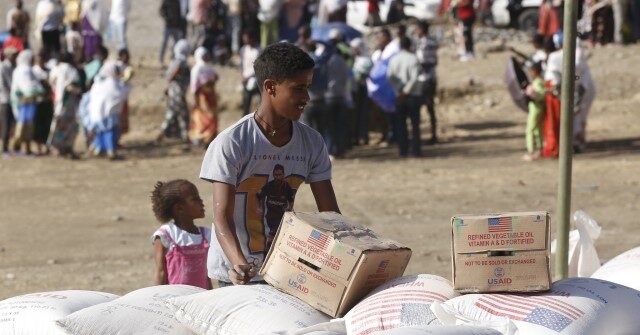The Spin
Narrative A
A Category 5 storm was unheard of in this region prior to 1994, and cyclone seasons have since worsened to the point that the 2018-19 season was the worst ever recorded. Data shows that climate change will increase the likelihood that the region will take impacts from stronger storms more frequently. It is incumbent upon African nations and the international community as a whole to help this vulnerable and impoverished region prepare for and become resilient to an onslaught of climate-fueled disasters.
Narrative B
For decades, African nations have been out of the climate change emissions problem. Africa is responsible for roughly one percent of global emissions and to date its nations have contributed pennies to the climate change fight. With such a small contribution to global warming, the people of Africa will be among those suffering the most. Wealthier nations are quick to place bans and limits on the cheaper, but emissions-rich solutions. Perhaps Africa will make the giant leap to renewable sources without ever having been bogged down with dirty fossil fuels.
Narrative C
It's easy to dismiss any extreme weather event as a consequence of climate change, but in reality, they're usually influenced by a myriad of factors that have nothing to do with it. More research is needed before we can establish any direct causal link between the two.
Metaculus Prediction
There's a 50% chance that the total damage incurred by climate change during the 21st century will be at least 8.84% of world GDP, according to the Metaculus prediction community.

